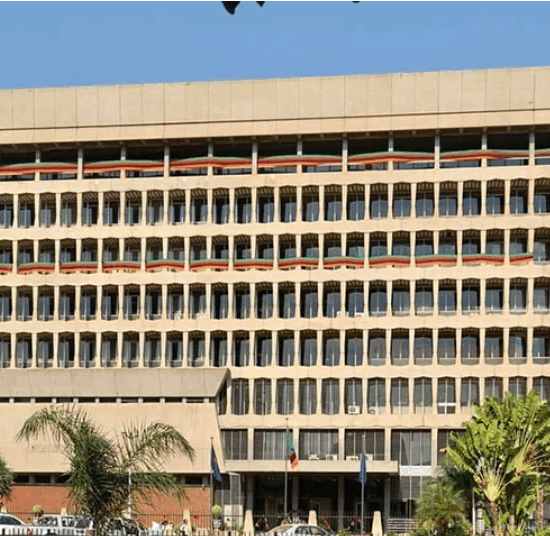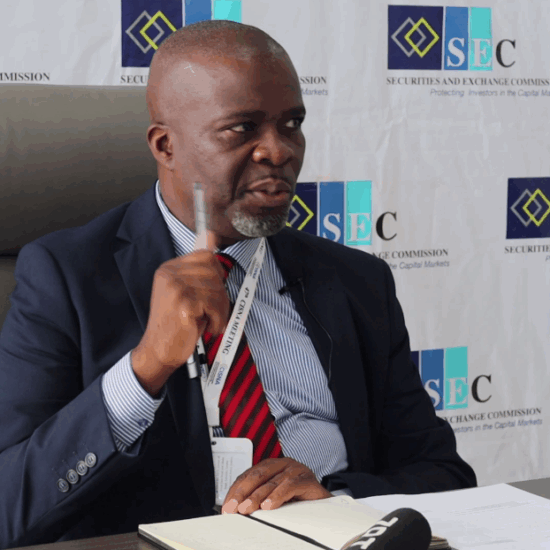Association for Micro Finance Institutions in Zambia –AMIZ- has underscored the need for government to interrogate the private Banks regarding the high interest rates, and examine what can be done to reduce the costs.
Interest rates have been increasing, and current ranging at about 25%, making it difficult for people to access capital.
AMIZ Executive Director Webster Mate noted that when asked, Micro Finance Associations will say the operating costs are high, noting that the interest rate is a factor of the operating cost, cost of funding, and other economic variables such as the inflation rate. He said there is need to investigate how high the operating costs are, and the areas. “When you look at the break down of operating costs, you also need to identify which particular ones are a problem and maybe look at ways of trying to address those issues” said Mate.
In an exclusive interview with the Zambian Business Times –ZBT, Mate said Zambian banks are charging much higher as compared to banks in other markets. “A good comparison is East Africa. You would be shocked that banks there would be charging in the region of 13%, Micro Finance are the ones charging in the region of 25%, 30%” said Mate. He said when compared with Zambian banks, it is double of what East Africa is charging, and worse for Micro Finance Institutions.
Mate has therefore underscored the need for government to interrogate the private sector , and find out why the rates are high, and which particular operating costs are high, as well as what can be done. He noted that with the coming of digital banking services such as mobile money, and digital finance, the expectation was that some of the costs would be lowered as a result of digitalisation, but noted that the reduction is very insignificant. “There is need to have a more robust and candid discussions with the private sector on why these rates are like this” said Mate.
Mate further emphasised that the major thing government can do is to stabilise the macroeconomic environment by having stability in inflation, interest rates, and the exchange rate. He said if there is stability in the variables, interest rates would also be relatively stable.
He however noted that this is an age old problem in Zambia. Mate referred to a period between 2013 and 2015 when the Patriotic Front PF regime decided to cut interest rates with the intention of lowering the rates, but noted that the policy did not work. Mate explained that when interest rates are cut, lenders stop lending to people, and start investing in other areas where they will make money as opposed to giving their money to people they consider a risk. “So if the interest rate cap did not work, the question should be, what other measures can be used? And that is why I am saying an engagement with the private sector to find out whether their claim that the operating costs are high is true or not, and which particular expenses are those” said Mate.
He is of the view that such kind of discussion would be more logical, and would help everyone, particularly government to understand whether they are telling the truth, and if so examine what needs to done. Mate noted that the interest rate is a price for money, and may be a case of people wanting to keep their rates of profit at a certain level, and can use the pricing to do that. He said it is a discussion that it is important, and urgent.







